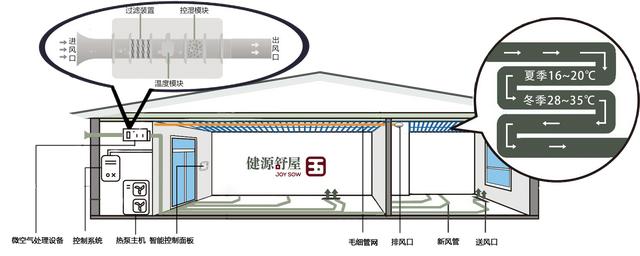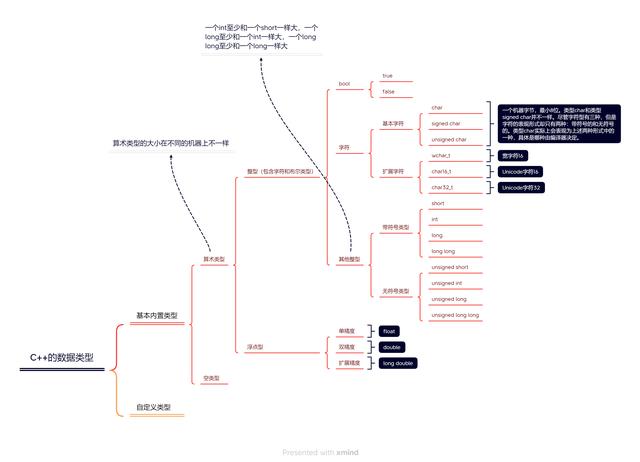
授予动词其实就是及物动词的一种,给予对方某些东西,授予某些东西给对方,因此他能使用被动语态,但英语句型上和完全及物动词和不完全及物动词有轻微差别
它分直接宾语和间接宾语
如:i bought a book to him/ i bought him a book ,him为间接宾语,直接宾语是a book
由此可以理解为,间接宾语为人,直接宾语为物
I lend him a money; i gave him a money;i asked him a question
从上得知句型:主语 授予动词 间接宾语 直接宾语
授予动词单词:buy\give\teach\lend\told\ask\sent...(注意的是有些单词既可作授予动词、及物动词、不及物动词,如make)
如果需要倒装,句型会做轻微变化:主语 授予动词 直接宾语 to/for/of 间接宾语
怎么区分什么时候用to,什么时候用for,什么时候用of?
表示“给予”用“to”
I lend money to him;i gave a money to him
(注:explain、introduce、propose\recommend\express,这些词语不管间接或直接宾语是否互换,都要用to。如i explained to him the reason= i explained the reason to him☑常用= i explained him to the reason)
表示“代劳,代工”用for
I bought a book for him;i made a chiar for him
表示“从...中...”用of,此时的of相当于from
I asked a question of him,我需要从他得知那个问题
He demanded little of me

在此,我们对比一下of 和for的两个句子意思
He took a picture of him 我拍了一张他的照片(主要影响人物为他)
He took a picture of him 我为他拍了一张照片(我帮他拍了一张照片,照片中不一定有他)
所以两个句子我们需要区分翻译,细微的差别,意思差很远,如果用来考完形填空,这就是一个坑
与of 连用的,有几个比较特别需要记住的,他不能使用倒装,只能按间接宾语 of 直接宾语
Rob(抢夺)、deprive(剥夺权利)、relieve(解除职务指挥权等)、rid(解除、摆脱)、break(戒除、戒掉)、cure(治愈)
Eg:
He robed me of my heart/i was robbed of my heart ☑----->但不能这样使用:he robed my money/my heart was robbed ☒
同理得出:
he deprieved me of my freedom/ i was deprived of my freedom
He boss relieved him of the office director / he was relieved of the office director
He cannot rid himself of his annoyance/ he counldnot rid of his annoyance
He cannot break himself of a craving for tobacco / he couldnot break of a craving for tobacco
The doctor cured him of his mental disease/ he was cured of his mental disease
最后还有与with连用的单词并不多,但需要记住
Provide、supply、furnish、present等(表“提供”的,offer不算offer用to就行)
He provide/supply/furnish her with all she needed
接着之前的文章已经将英语的五大句型已经全部解释完毕,重点还是在听读写,然后慢慢的记住并熟练,下一节总结一下句型应用,敬请关注哦
,




